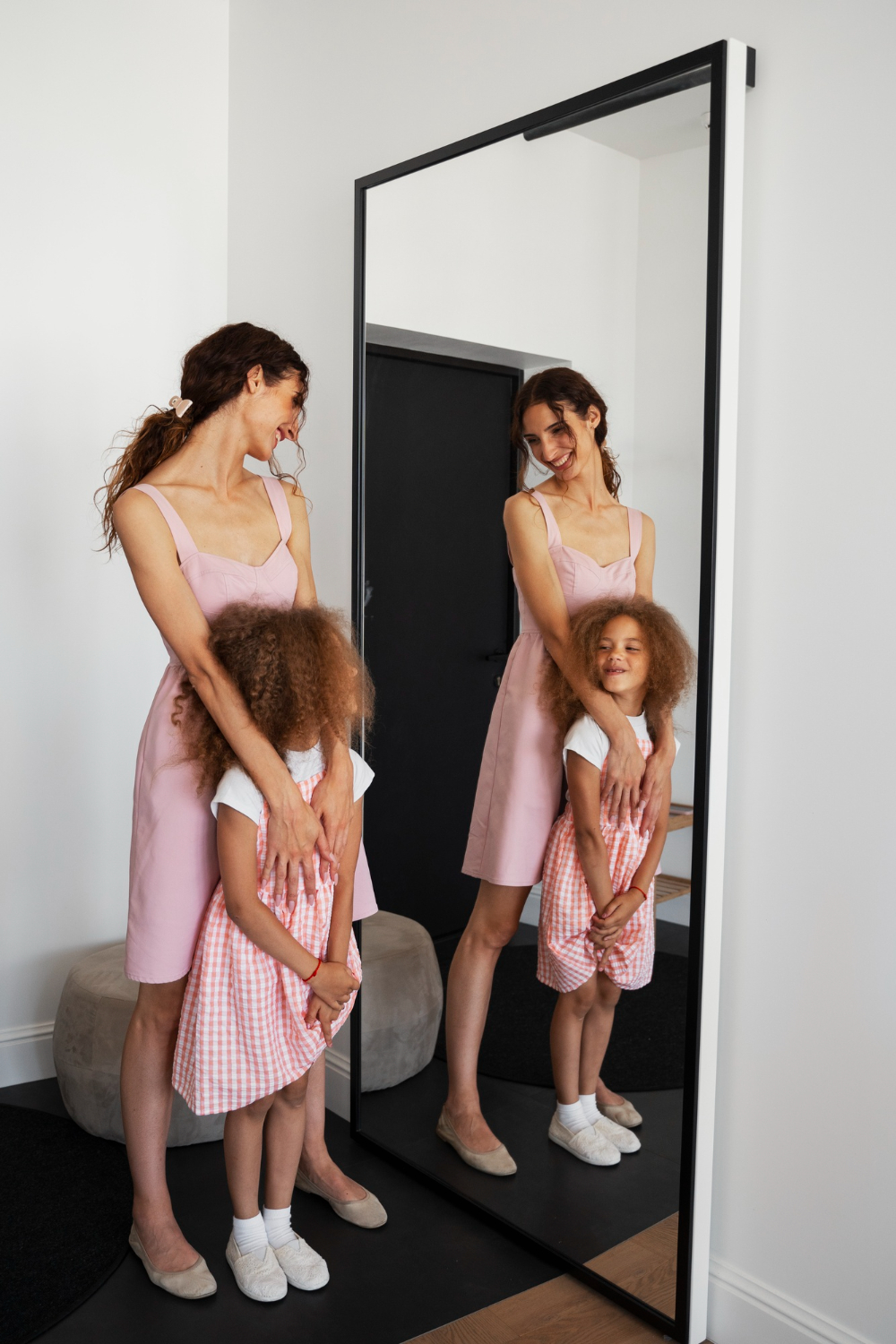Developing a healthy body image is more than a matter of aesthetics; it is fundamental to the physical and mental health of each individual. However, in today’s society, myths and pressures abound that distort this essential concept. Phrases such as “You have to be hard on yourself to control your weight and your health” or “The body is easily controlled” are just some of the misconceptions that circulate and contribute to widespread body dissatisfaction.
Body dissatisfaction, a phenomenon that affects 30-70% of men and women of all ages, triggers a dangerous vicious cycle. This cycle perpetuates the search for quick fixes, such as the abuse of cosmetics, smoking because of its anorectic effects, excessive sun exposure, cosmetic surgery and the pursuit of extreme diet and exercise programmes. These practices, far from improving self-perception, lead to negative mental health consequences, including social anxiety, depression and decreased self-esteem.
Positive body image does not mean being completely satisfied with every aspect of one’s body, but accepting it and focusing on the positive aspects. This involves challenging society’s standards of beauty and cultivating self-confidence. The construction of body image is influenced by various factors, such as social comparison, media and self-perception.
To promote a positive body image, it is crucial to address negative emotions and gradually deal with the situations that trigger them. In addition, it is necessary to redefine the concept of beauty and practice self-care, which includes activities such as spending time in nature, dressing comfortably and prioritising rest and emotional well-being.
It is essential to distinguish between the pursuit of health improvements and an obsession with aesthetics. Adopting a balanced diet and regular physical exercise are key components in maintaining overall health. Healthy lifestyle habits should be encouraged rather than adhering to strict diets, and learning to listen to the natural signals of hunger and satiety.
To break the vicious cycle of body dissatisfaction, each individual must commit to being a role model, promoting an environment of respect and acceptance of body diversity. It is crucial to intervene and not tolerate teasing or offensive comments about the appearance of others. In addition, work must be done to demystify prejudices about weight and body controllability.
Ultimately, we must prioritise kindness to ourselves and challenge the societal model that perpetuates the creation of complexes and then offers unattainable solutions. In doing so, we can cultivate a positive body image that contributes to a healthier and more fulfilling life for all.



